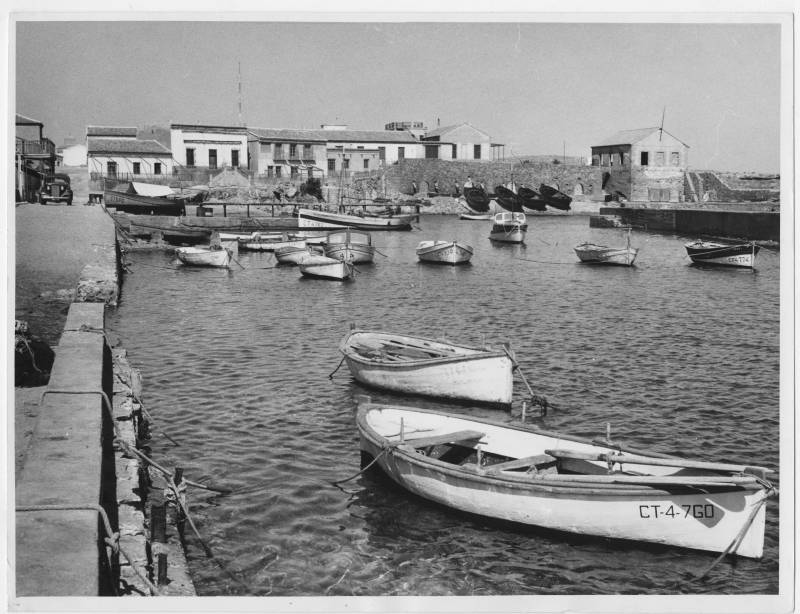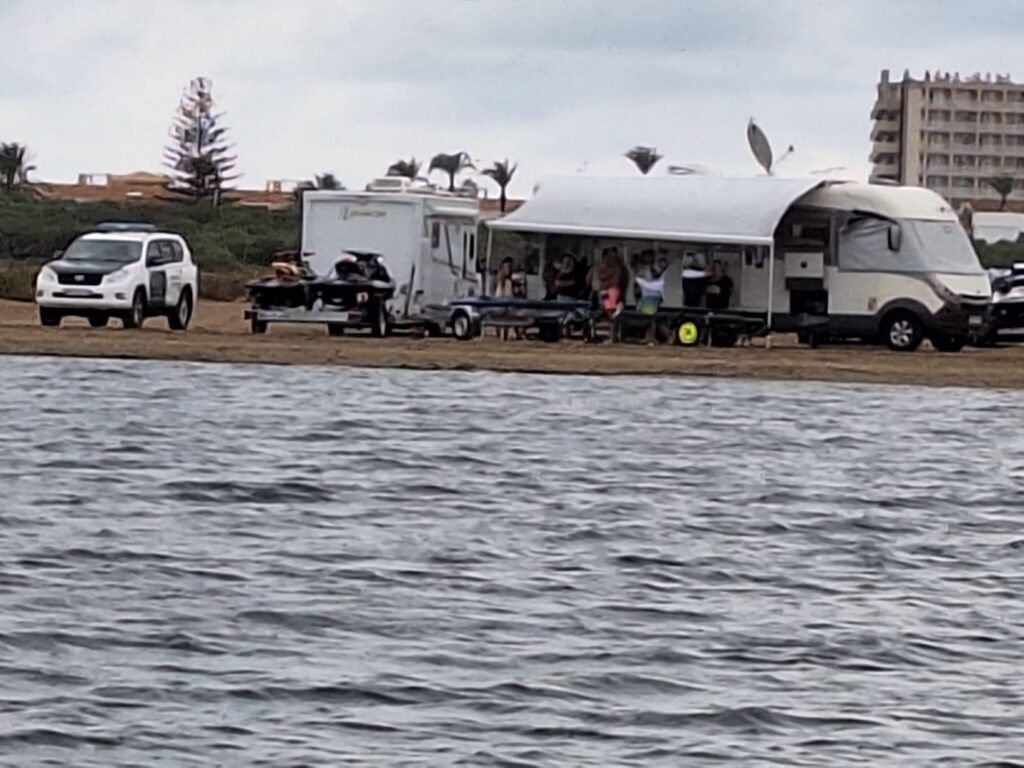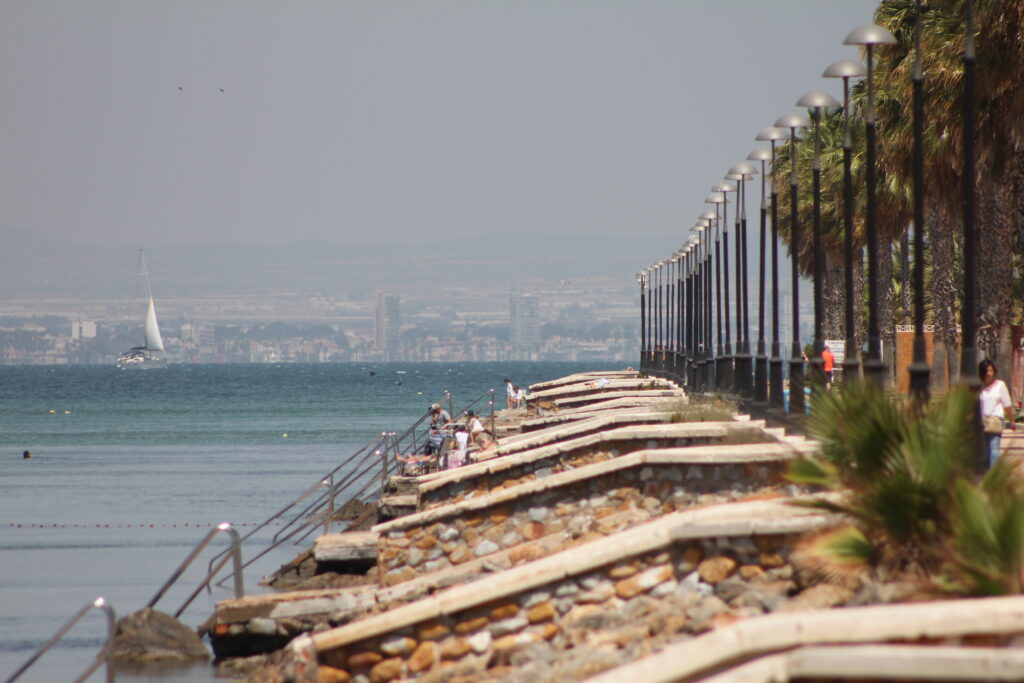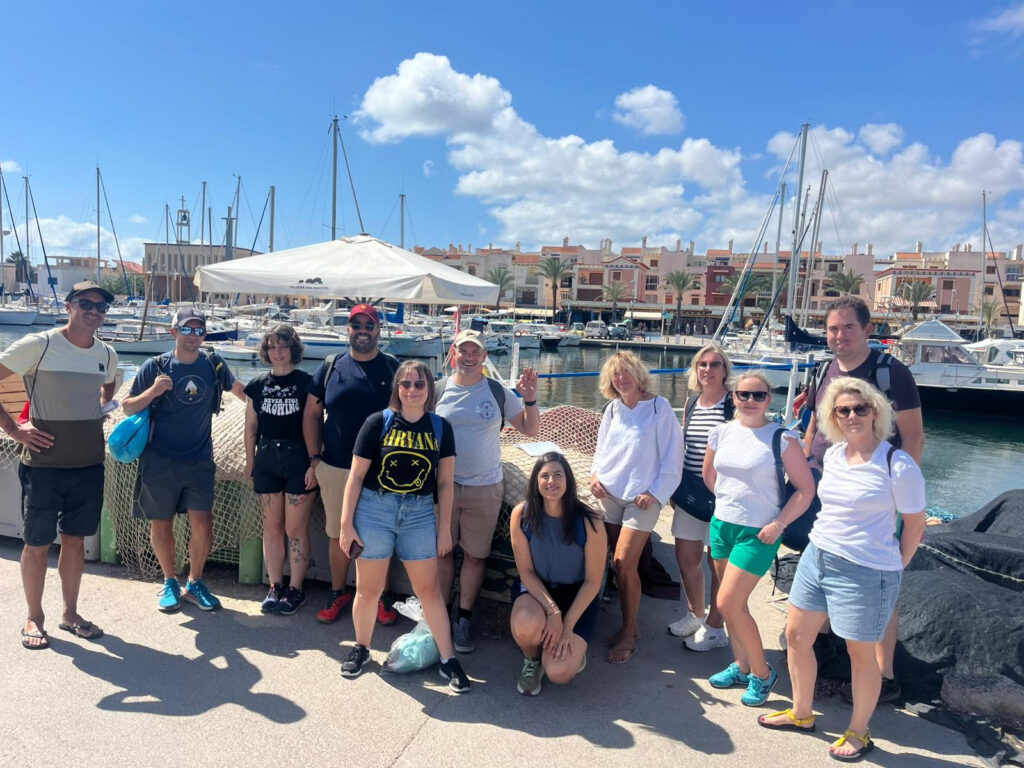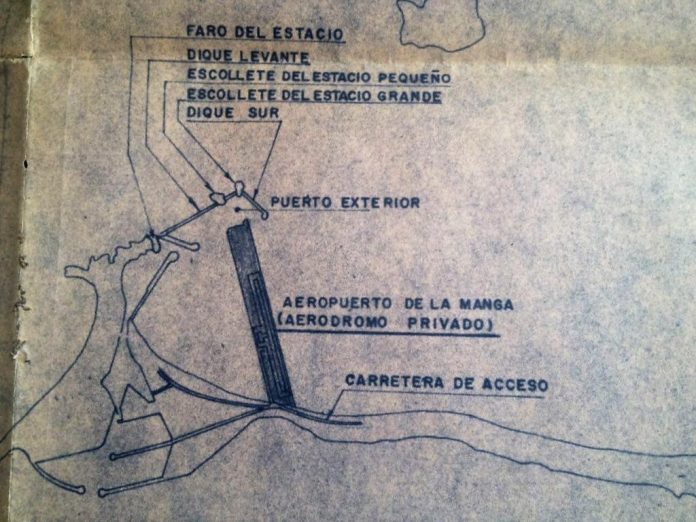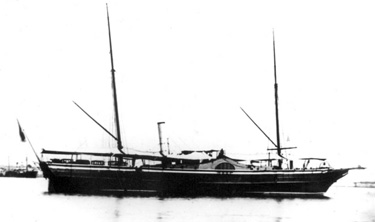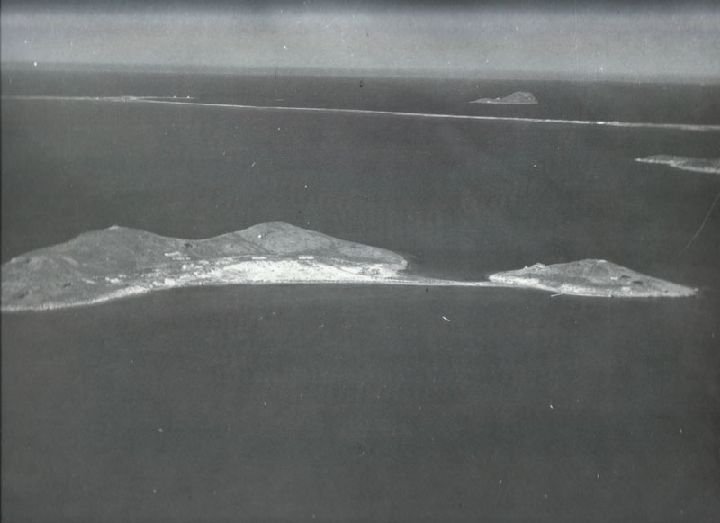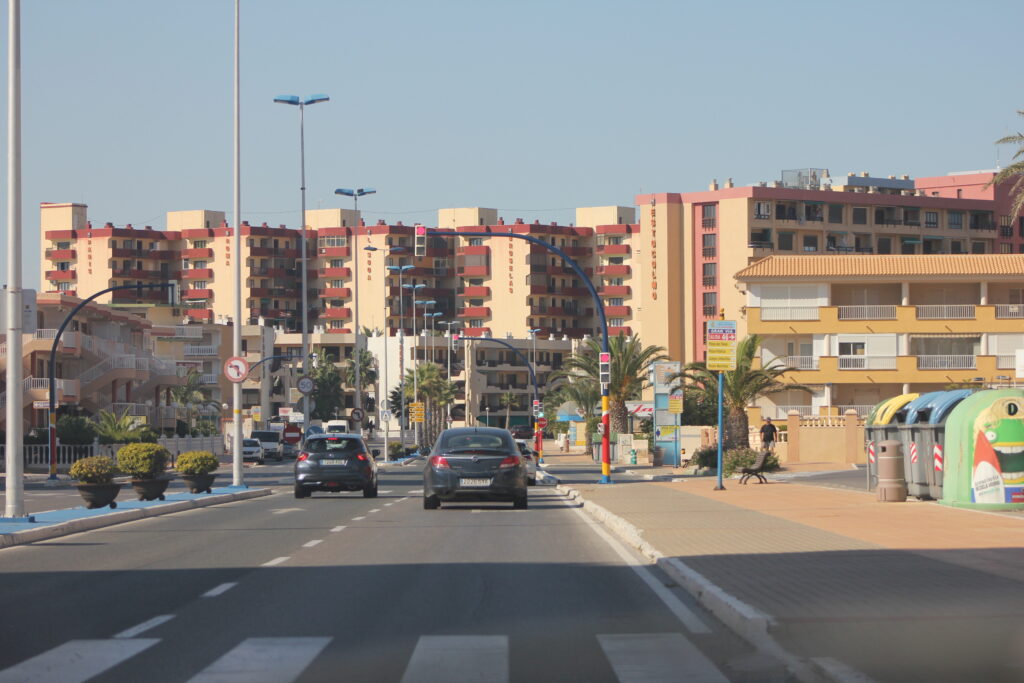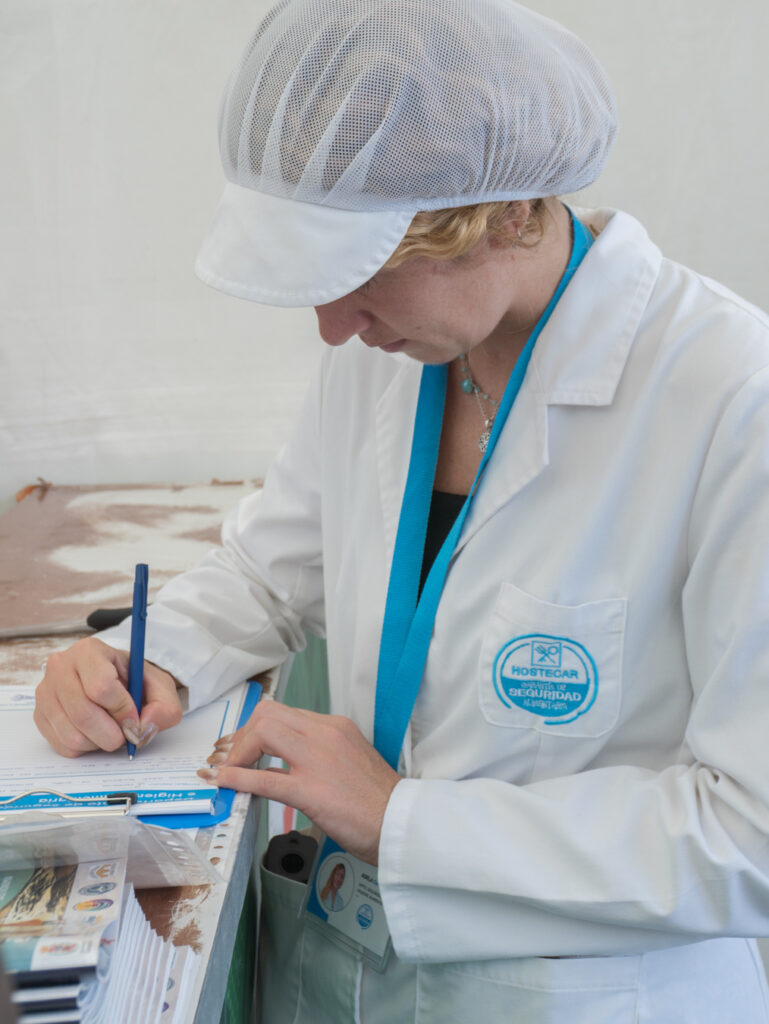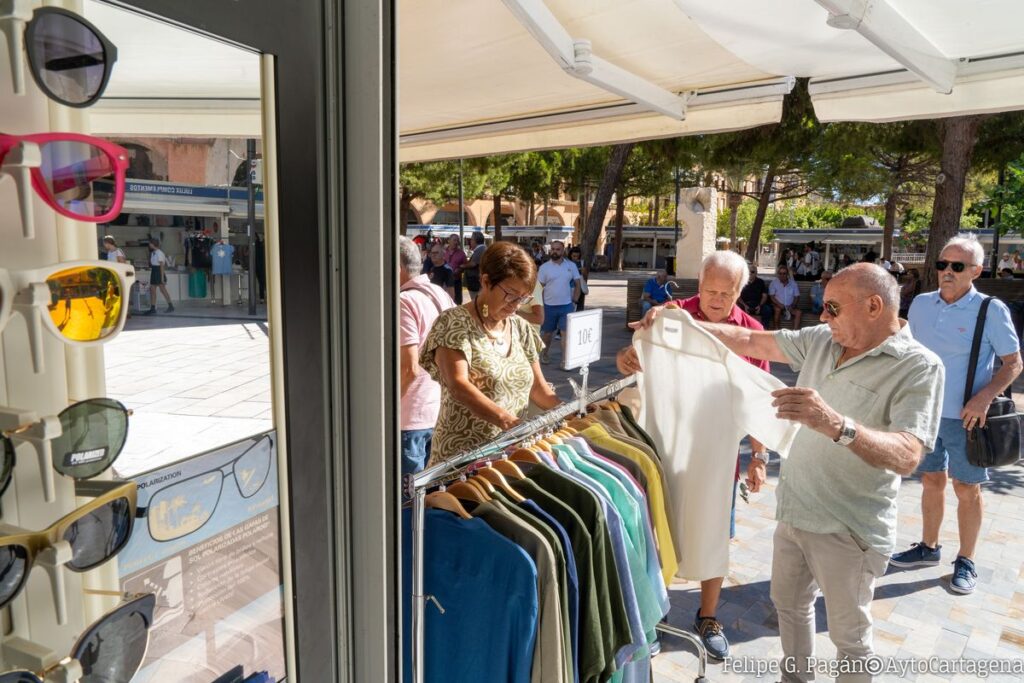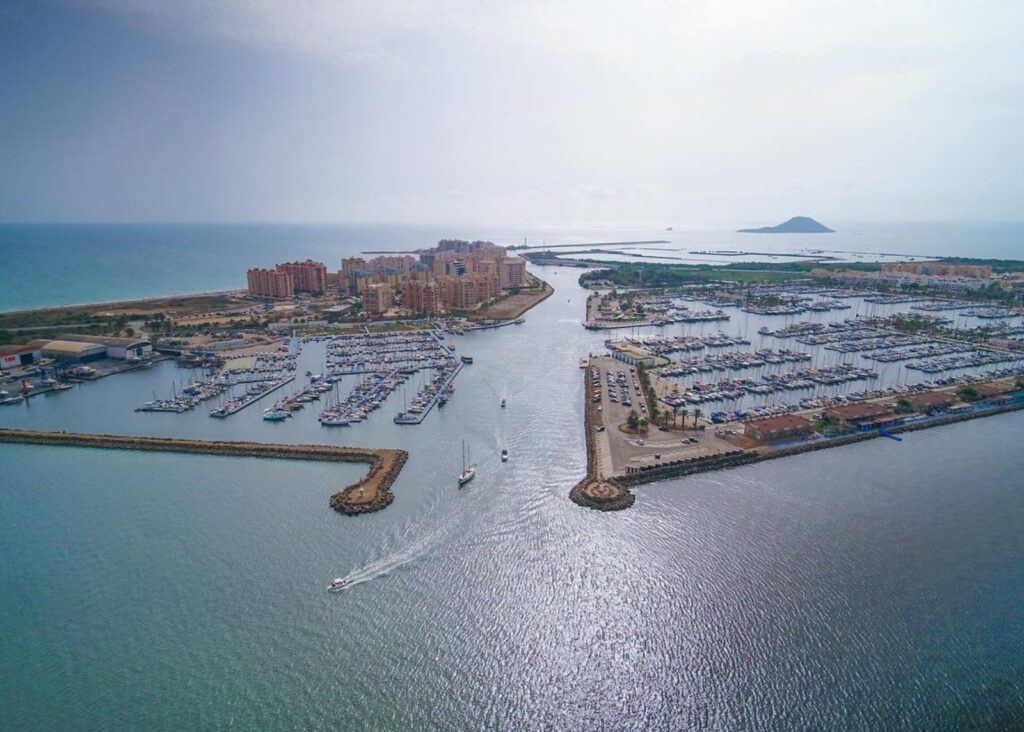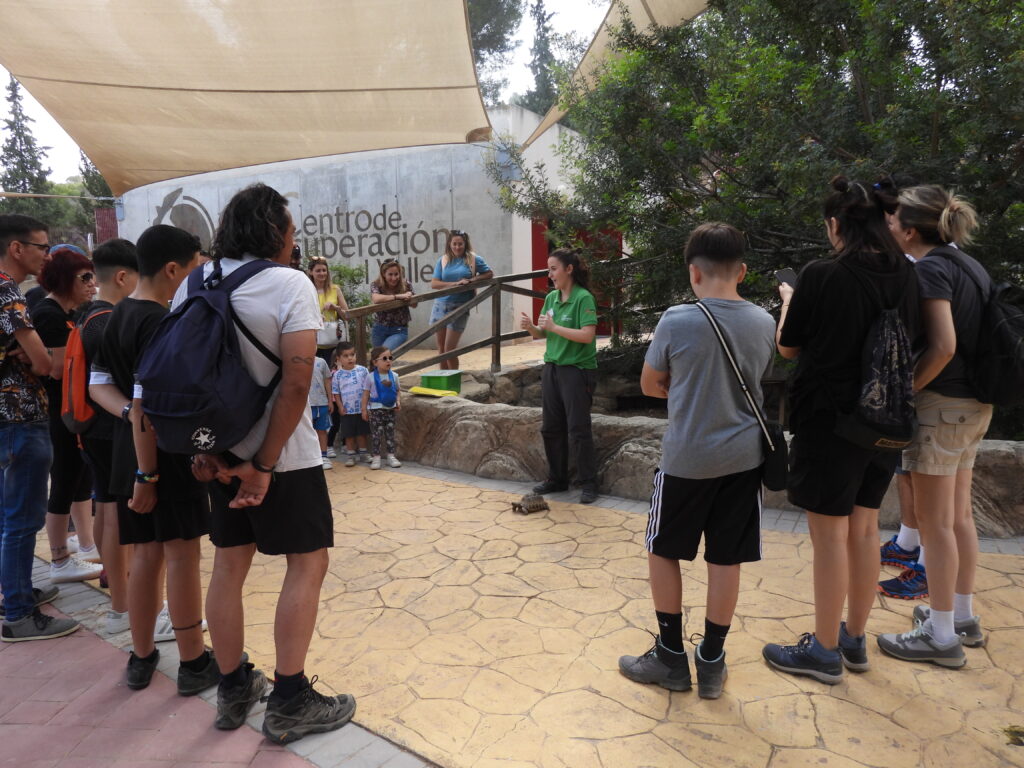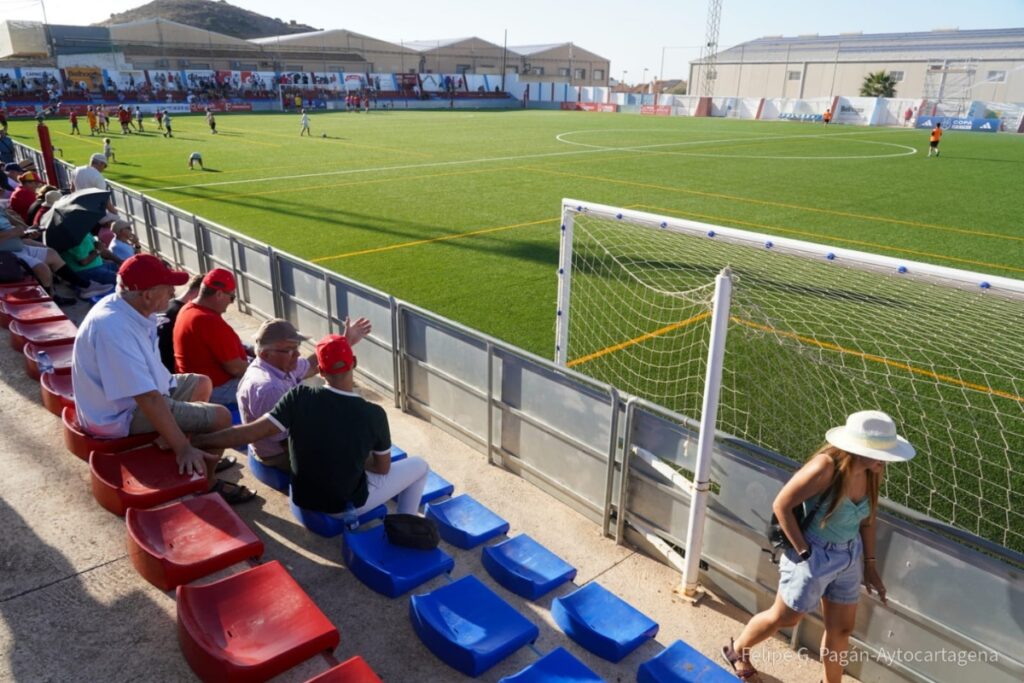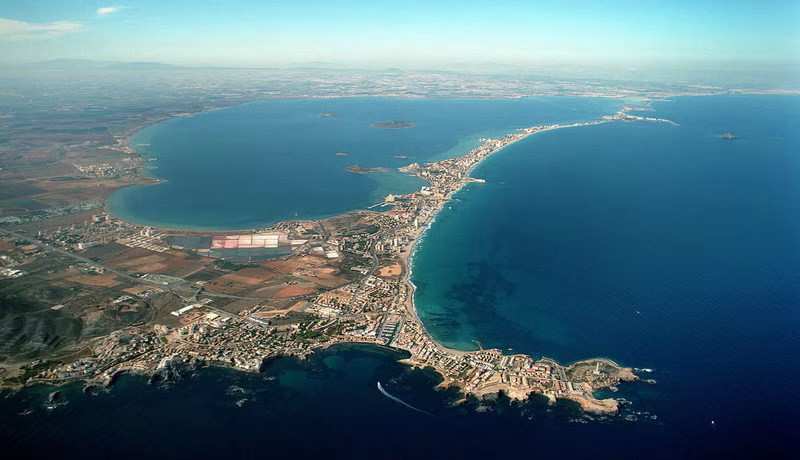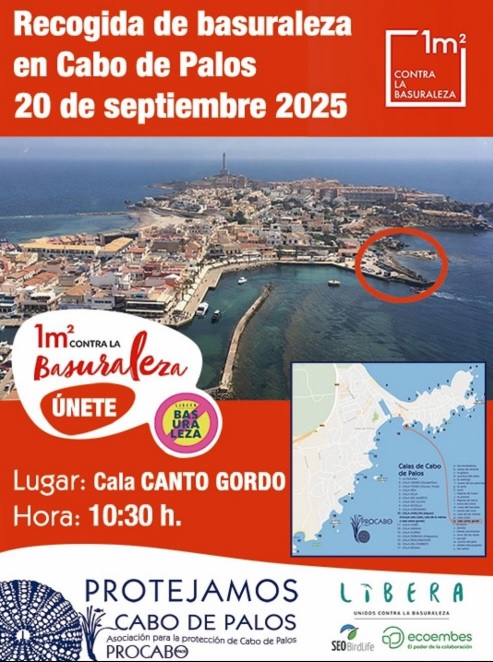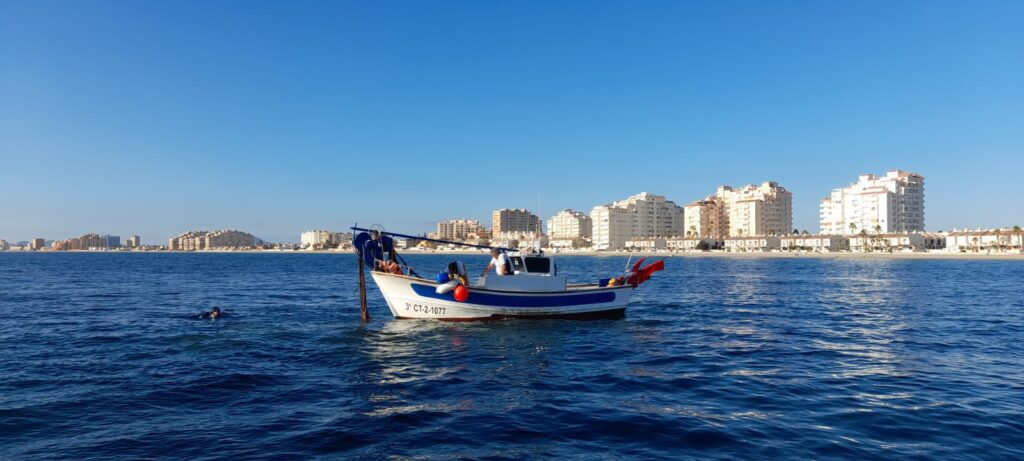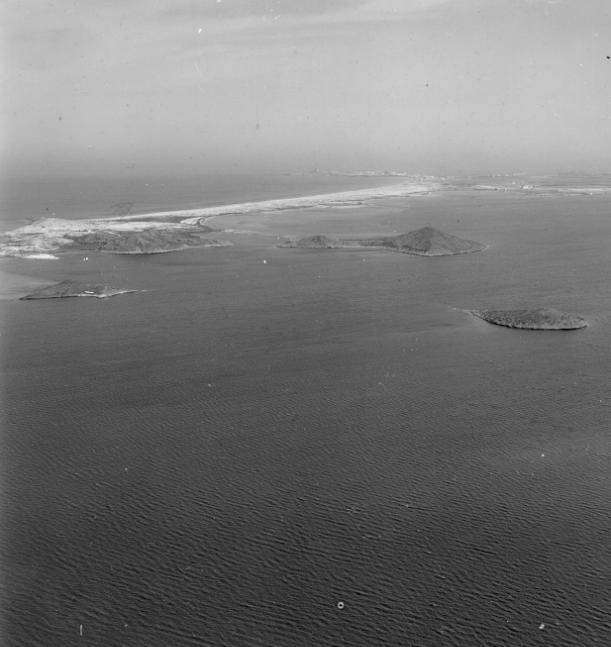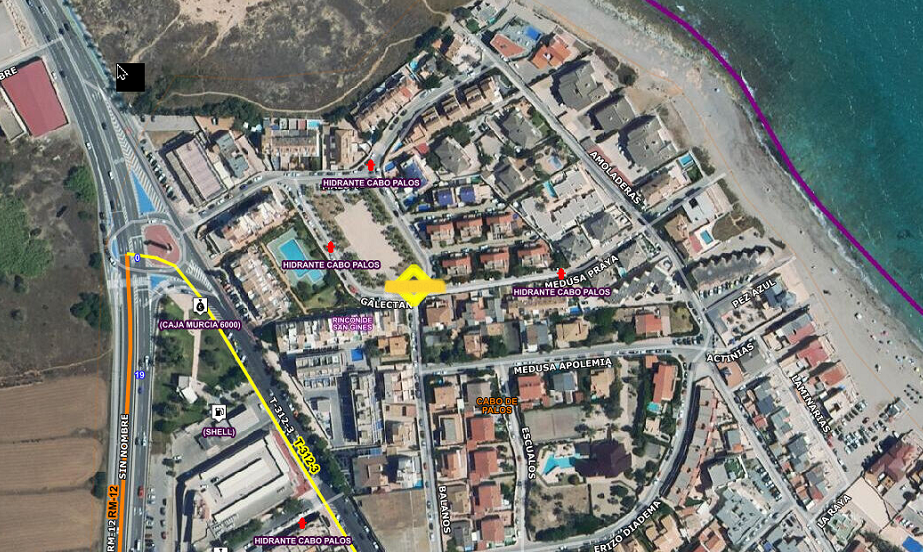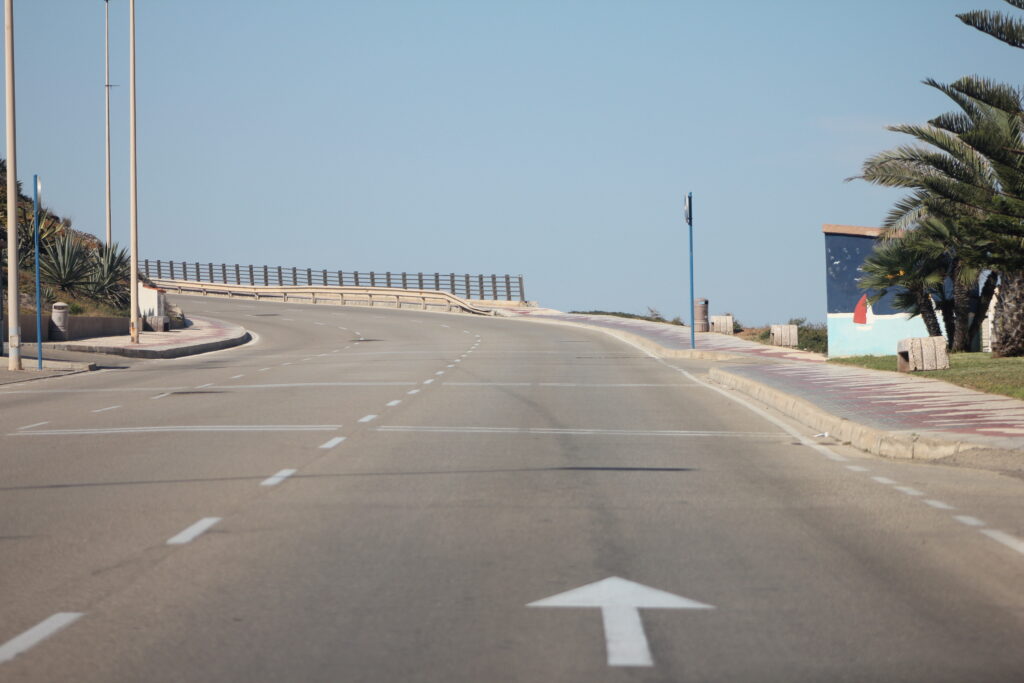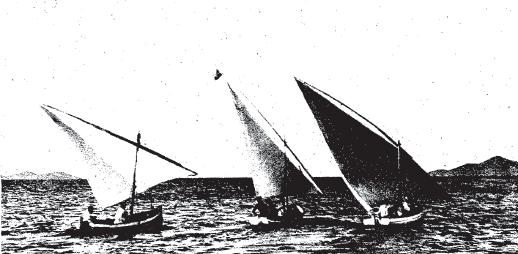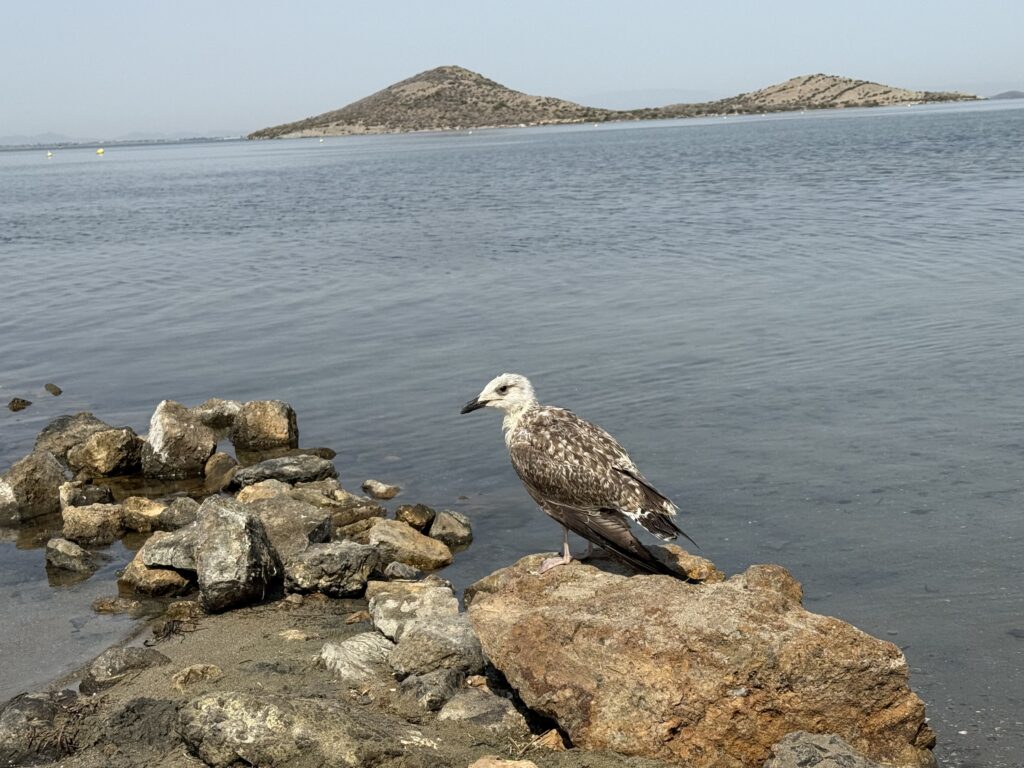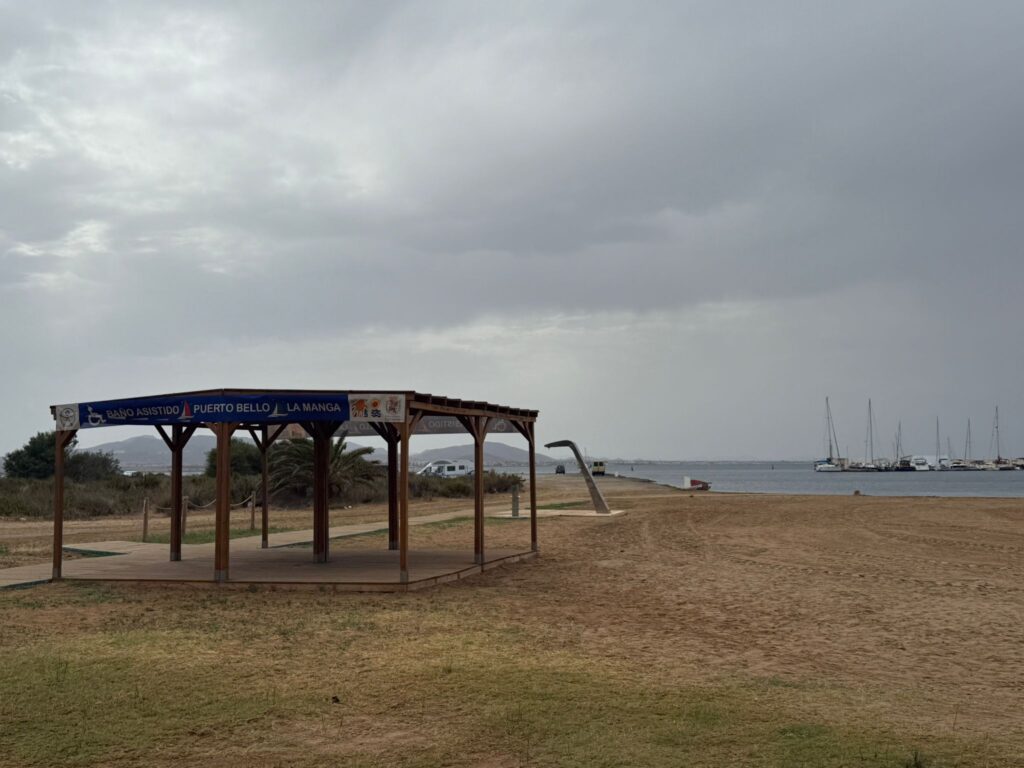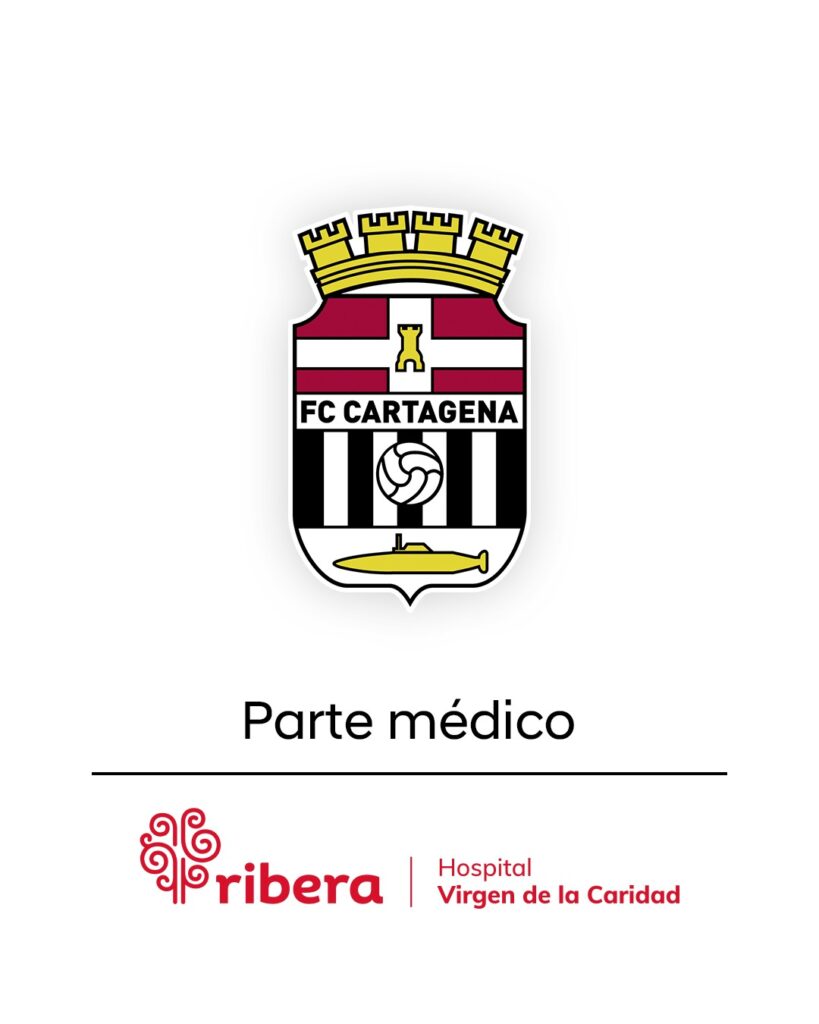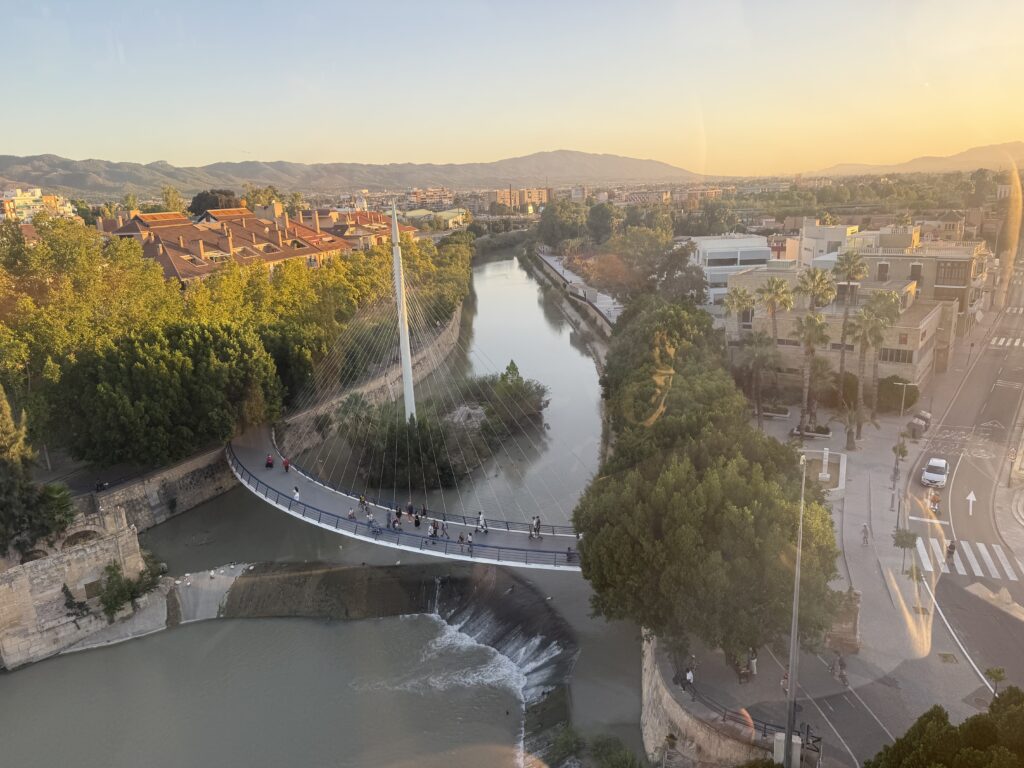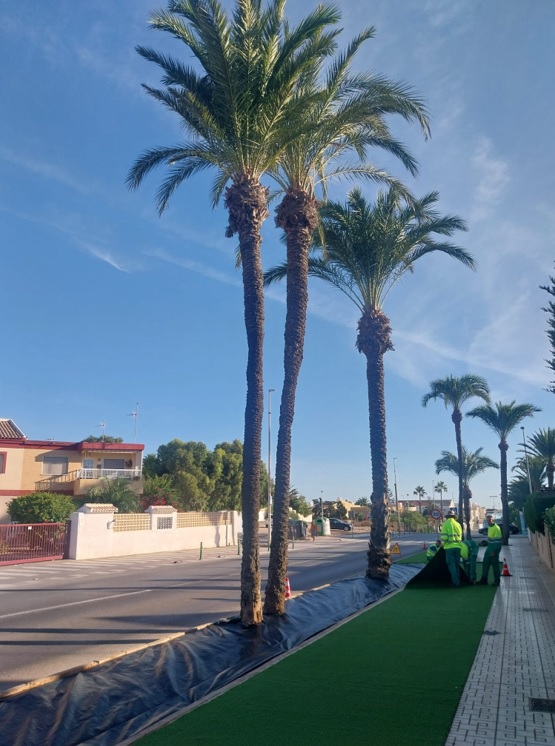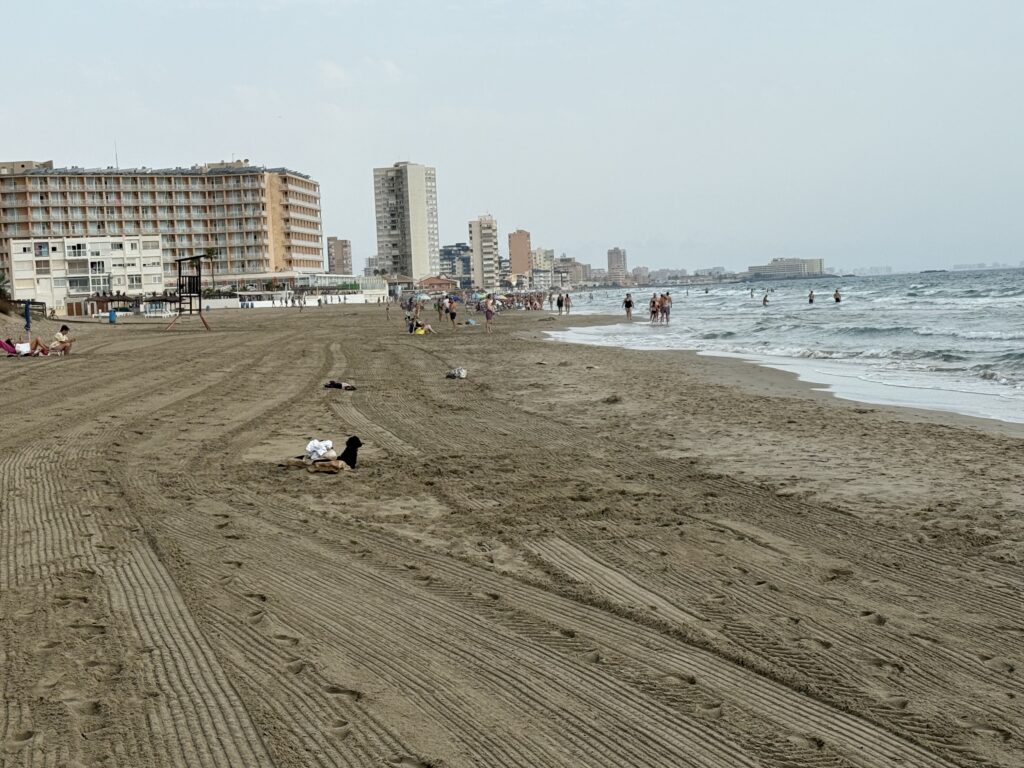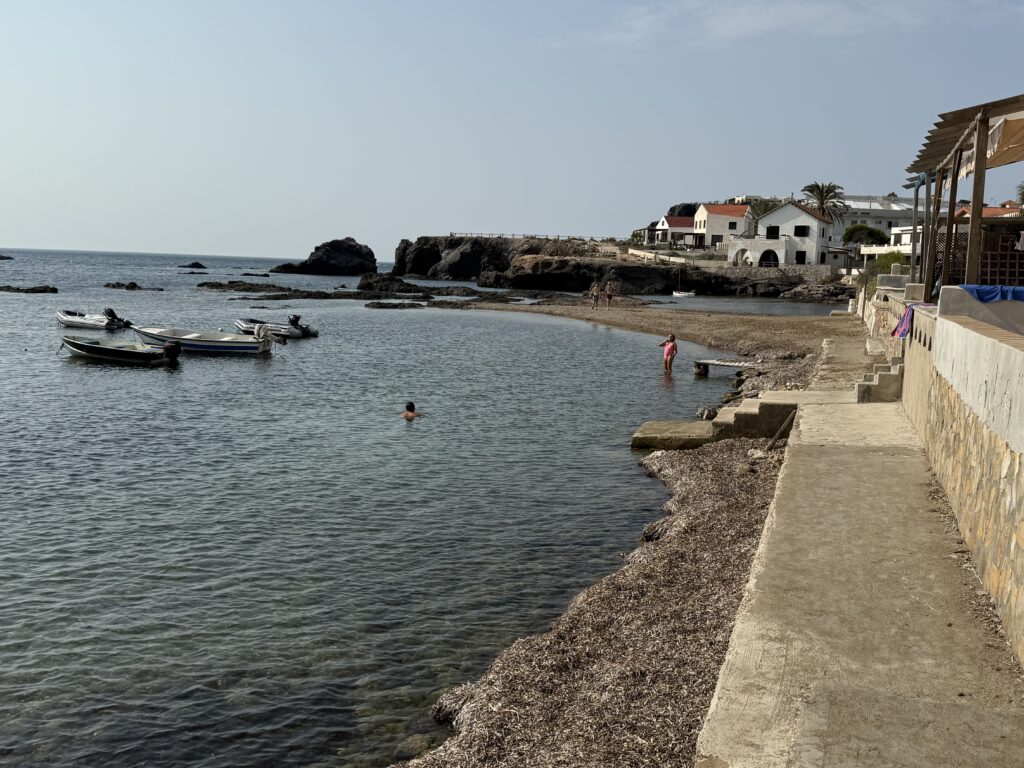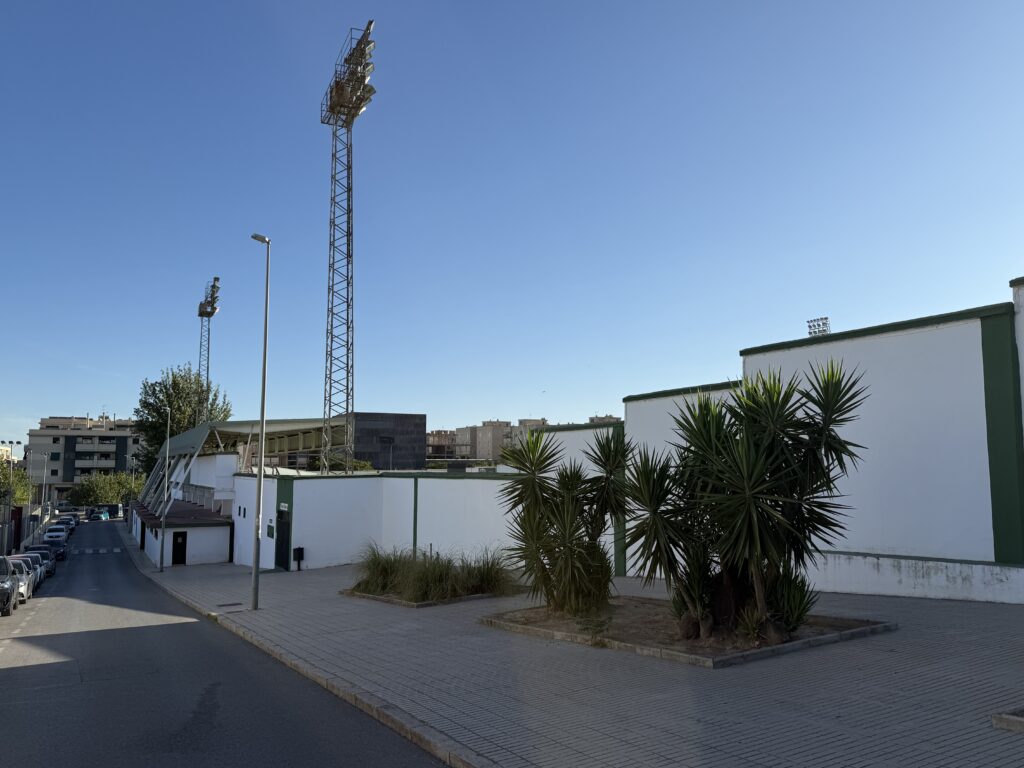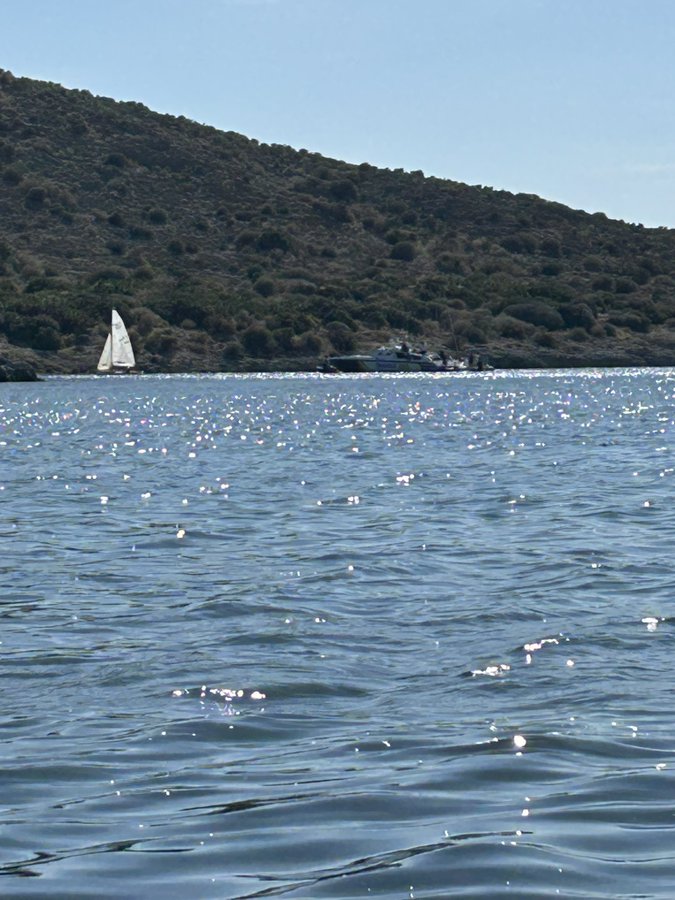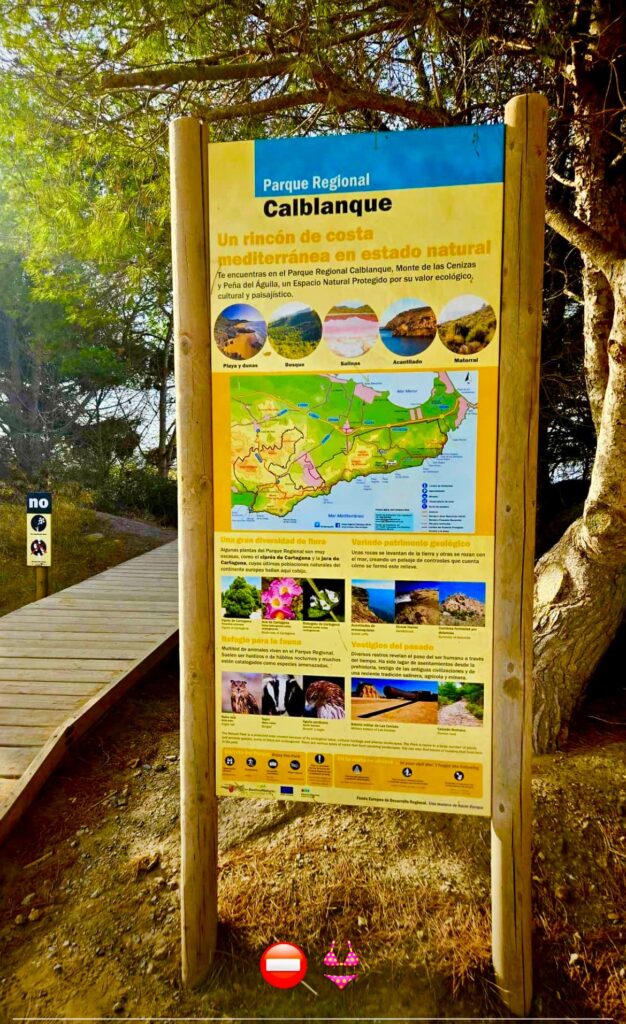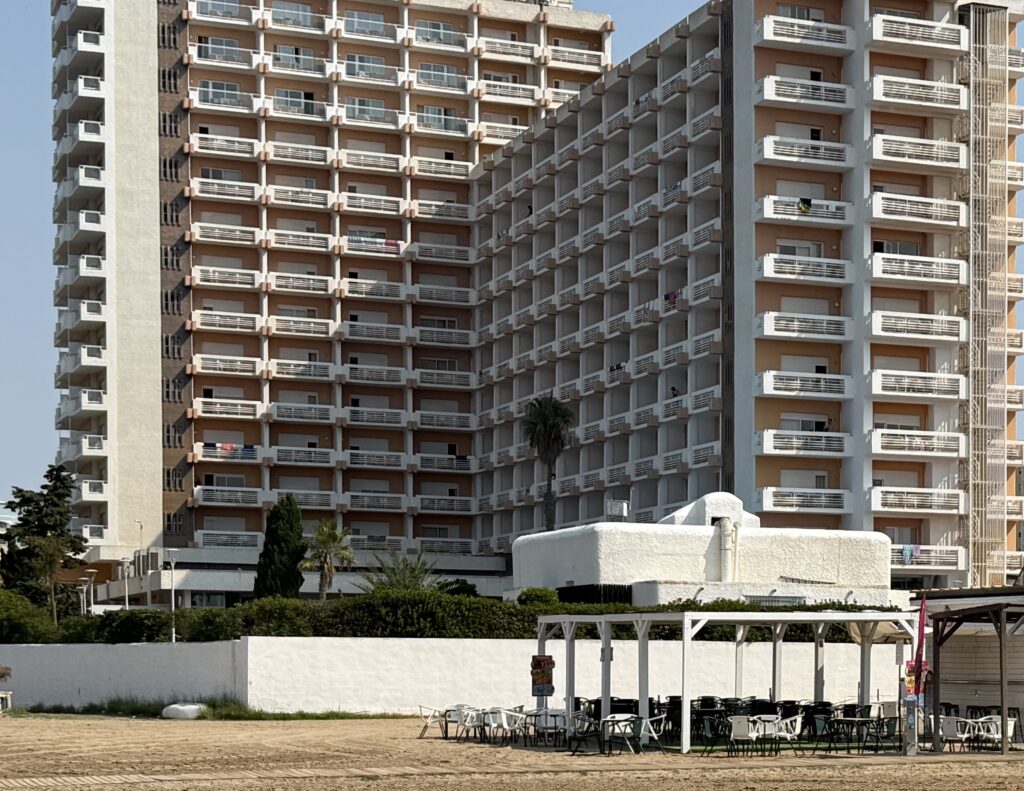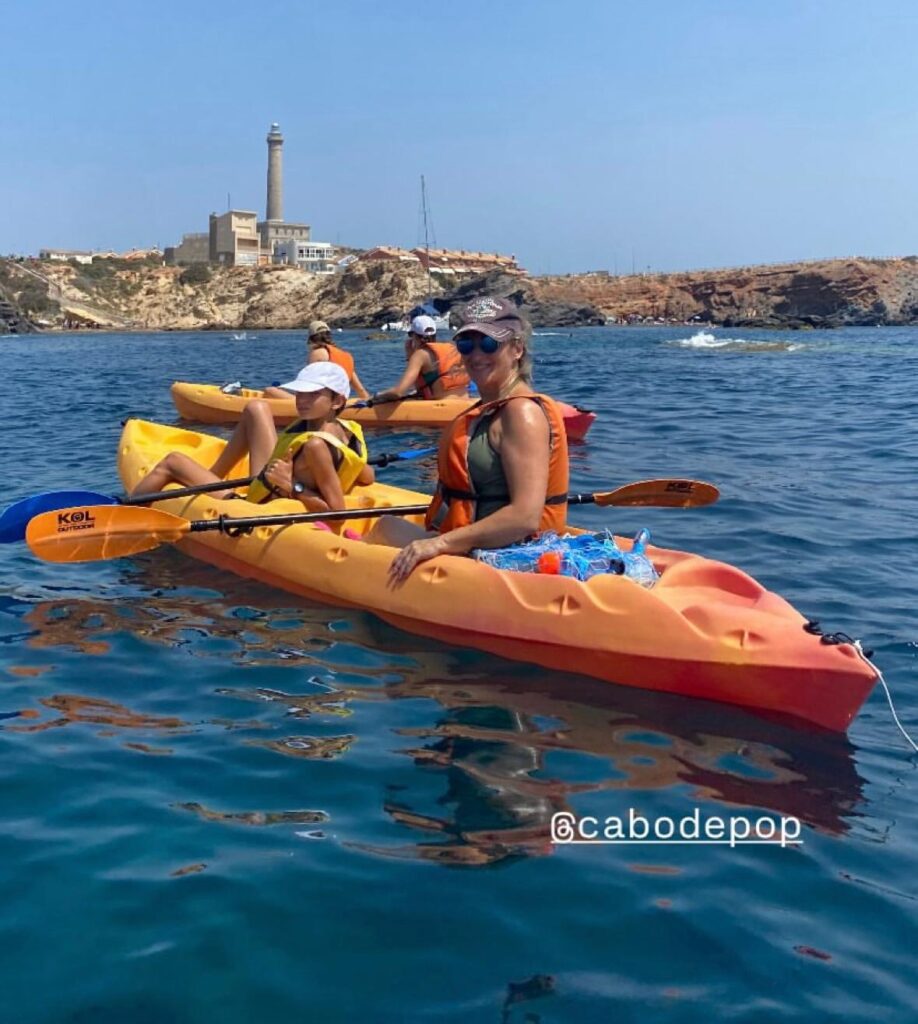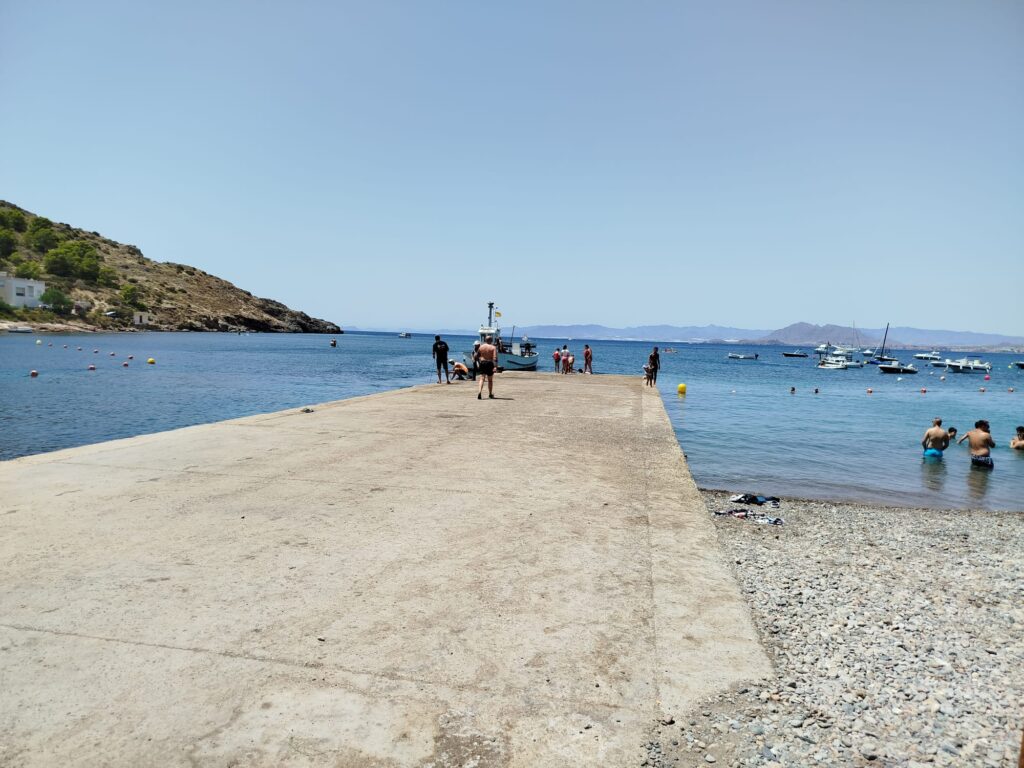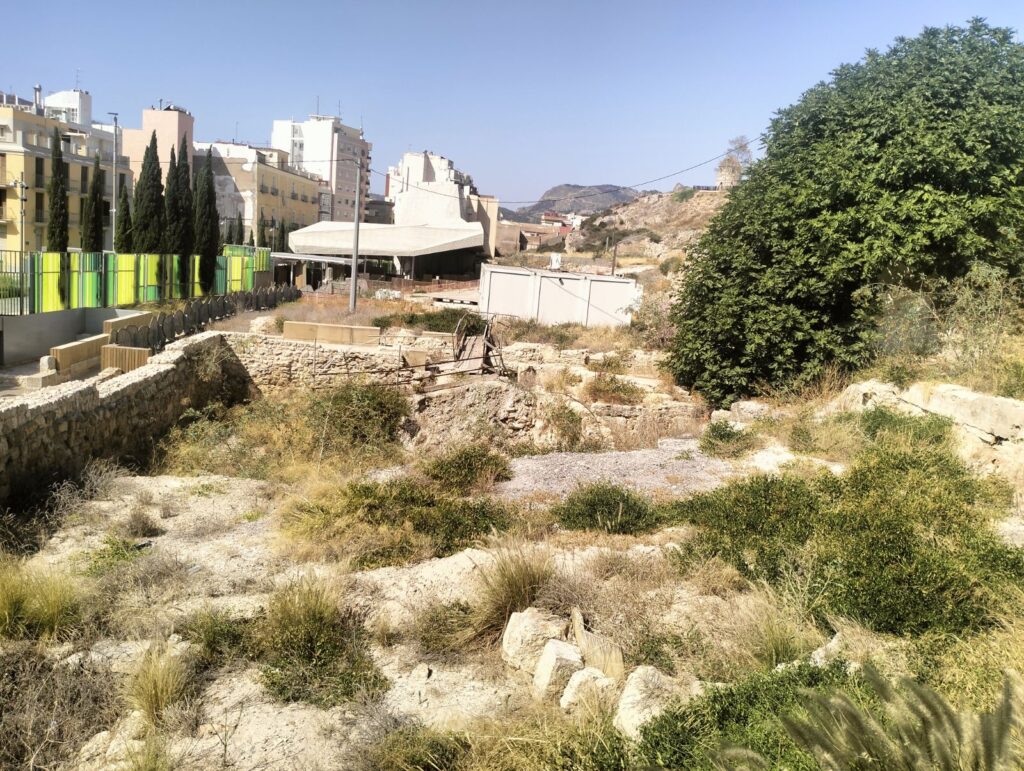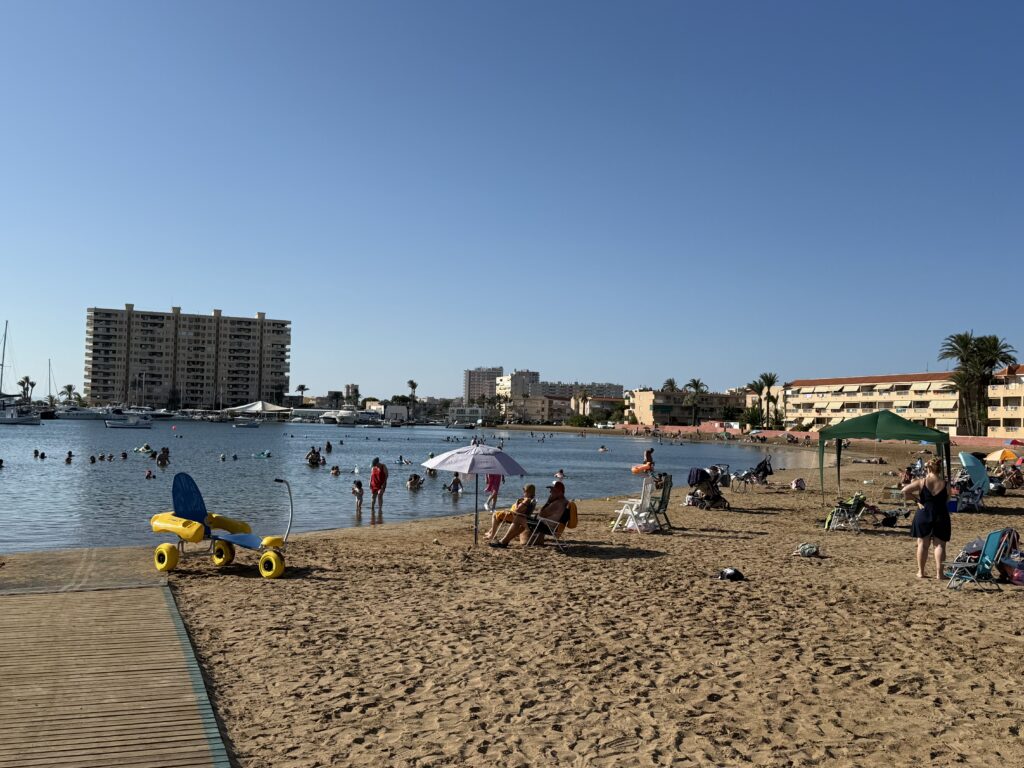10 Reasons Why Living in La Manga Improves Your Health
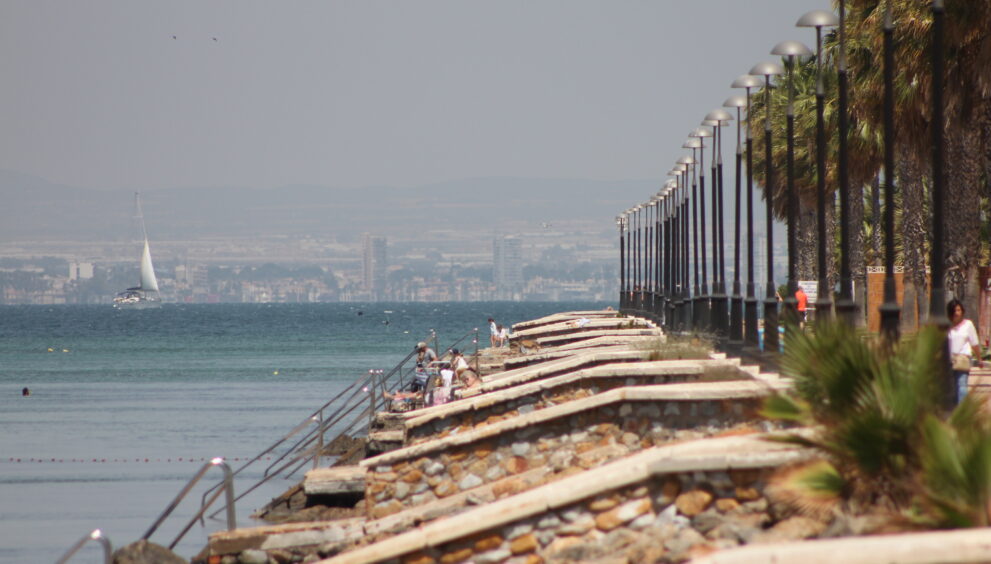
As the illustrious Cartagena-born writer Carmen Conde once said in her poem Historia:
“This sea is a sea gathered in two arms of land, clamorous with jaloque and lebeche… it is a dense old wine of salts and iodine”. These, together with its unbeatable geographical location, are what give our coastlines an almost mystical power as supportive therapy for many medical conditions.
In La Manga, this unique setting between the Mar Menor and the Mediterranean offers all these advantages, although it is worth remembering that in summer the density of people and traffic can mean that the breeze and atmosphere are not always as relaxing as in the low season.
Each person, each patient, is a complex set of characteristics that makes it difficult to make categorical statements. However, what scientific studies in this field have clearly shown is that people who live “close to the sea” perceive their physical and mental health as far superior to the average.
This has been examined in a rigorous study by the University of Exeter in the United Kingdom, published in LiveScience. After a systematic review of more than 48 million medical records, they concluded that patients living less than one kilometer from the sea have a better perception of their health and physical condition. With its kilometers of beaches and promenades, La Manga is a perfect place to benefit from these effects.
There are many factors that influence this perception, but there is scientific evidence that living near the sea improves—or at least contributes positively—to physical and psychological health. Today we highlight the main ones.
IMPROVES JOINT HEALTH
The beach is an ideal place for physical exercise. Taking long walks along the shore in La Manga has proven therapeutic properties. According to Dr. Rojo, Director of the Department of Health and Human Performance at the Faculty of Physical Activity and Sport Sciences (INEF), walking adapted to each person’s characteristics “improves proprioception (a sense of well-being) in the joints of the feet, knees, and hips, while regenerating the skin of the soles.”
Contrary to popular belief, rheumatological diseases do not worsen with the humidity and cold of winter, though patients do tend to perceive greater pain. The only strategy doctors recommend is prevention. Healthy habits such as diet and exercise are key to preventing rheumatic diseases. A sedentary lifestyle, stress, fatigue, and inactivity make us more vulnerable. For those already suffering from rheumatic conditions, applying heat to painful areas and engaging in light exercise (walking, swimming) are advised to ease joint stiffness—and for this, our beaches are first-class gyms.
HELPS RELAXATION
Many scientific studies demonstrate the relationship between living near the sea and achieving greater relaxation. In the aforementioned University of Exeter study, a cause-and-effect relationship was even established between stress-related mortality and its reduction in patients living in coastal areas.
In La Manga, the maritime environment improves stress levels, as the negative ionization of the sea breeze increases serotonin (the neurotransmitter responsible for stress regulation), thereby reducing anxiety. It should be noted that in summer, due to the influx of visitors and traffic, the atmosphere may feel more charged, and the sense of relaxation may be somewhat less than in the off-season.
IMPROVES ACUTE AND CHRONIC RESPIRATORY CONDITIONS
The sea clearly has a direct influence on acute respiratory conditions, since most nasal decongestants are primarily made from seawater rich in salts and iodine. It is especially this iodine, with its powerful nasal and bronchial decongestant effect, that helps relieve cold symptoms.
Breathing in the sea breeze, rich in minerals and nearly free of pollutants, improves the respiratory situation of patients with chronic conditions, while the humidity improves mucus consistency, facilitating its expulsion. Thalassotherapy (the application of seawater to treat systemic diseases) can help chronic respiratory patients through exercises that enhance lung capacity, resulting in a better quality of life.
BOOSTS THE IMMUNE SYSTEM AGAINST INFECTIONS
Iodine, once again, is a powerful natural bactericide found not only in seawater but also dispersed in the sea breeze, significantly reducing infections in the upper and lower respiratory tracts as well as the eyes. Numerous studies have shown that iodine deficiency interferes greatly with immunity, thyroid hormone production, and even thyroid cancer development.
REDUCES FLUID RETENTION
Water-based activities exert light pressure on the body’s organs and tissues, helping mobilize and eliminate fluids retained in subcutaneous tissue. This slight pressure also improves venous drainage, significantly reducing venous dilation (varicose veins).
SUPPORTS PROPER METABOLIC FUNCTION
The supplementation of iodine and mineral salts from the sea—both in the water and the breeze—contributes to improved functioning of the body’s metabolic cycles. It supports normal thyroid hormone production and enhances the body’s ability to absorb essential nutrients such as calcium, phosphorus, and magnesium.
HELPS CONTROL BLOOD PRESSURE
At sea level, atmospheric pressure is higher, meaning the oxygen content in the air we breathe is greater. This extra oxygenation improves the oxygen supply to the body’s organs and tissues, significantly influencing blood pressure levels.
A study by the University of Granada demonstrated that patients living at sea level have better regulation of the Renin–Angiotensin–Aldosterone hormonal system (responsible for controlling blood pressure) and better heart rate control.
TONIFIES MUSCLES AND SKIN
Swimming is one of the most complete sports. The impact of waves against the body acts as a natural massage, strengthening muscles and promoting relaxation, especially in the back. It also stimulates angiogenesis in the skin (the formation of new blood vessels), leading to more nourished and rejuvenated skin with fewer signs of aging. However, due to salinity, using a good moisturizer is recommended.
PROMOTES HEALING
The salinity and iodine content of seawater favor the healing of superficial wounds. Care must be taken with infected wounds, as humidity and warmth can promote the growth of microorganisms capable of causing serious infections, particularly in the elderly.
FACILITATES LOW-IMPACT EXERCISE
Our environment undoubtedly invites walking and enjoying the nearly perpetual spring-like climate. All quality-of-life studies consulted agree: people who live near the sea enjoy better quality of life because their environment encourages outdoor activities. The climatic stability provided by the sea fosters consistent and regular physical activity, improving both physical and mental health.
There are many more reasons why life by the sea benefits our health, but without a doubt, what makes us unique is our environment and the way we experience it. La Manga and its towns rest on ancestral traditions that always knew how to draw the greatest benefits from the sea.
It is a sea for untouched youth,
And it is a sea for those who already know
What the sea carries within itself, from the land.
It is a sea without riders, it does not gallop.
— Carmen Conde, Poems of the Mar Menor
Text by José Antonio Martínez Otón
Graduate in Medicine and Specialist in Digestive System at Virgen de la Arrixaca Hospital (Murcia). Author of scientific articles and medical outreach books. Regular contributor to medical journals.


